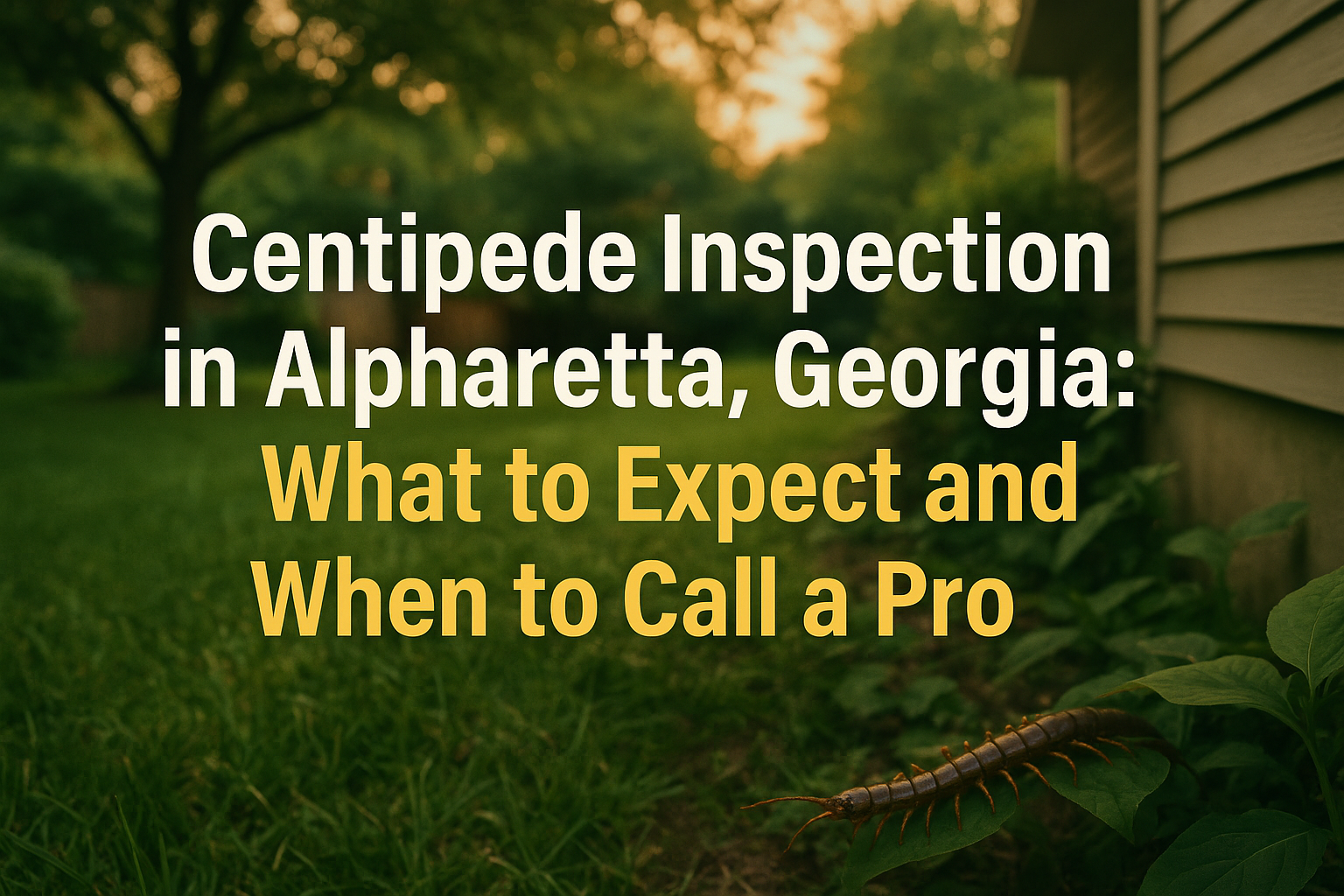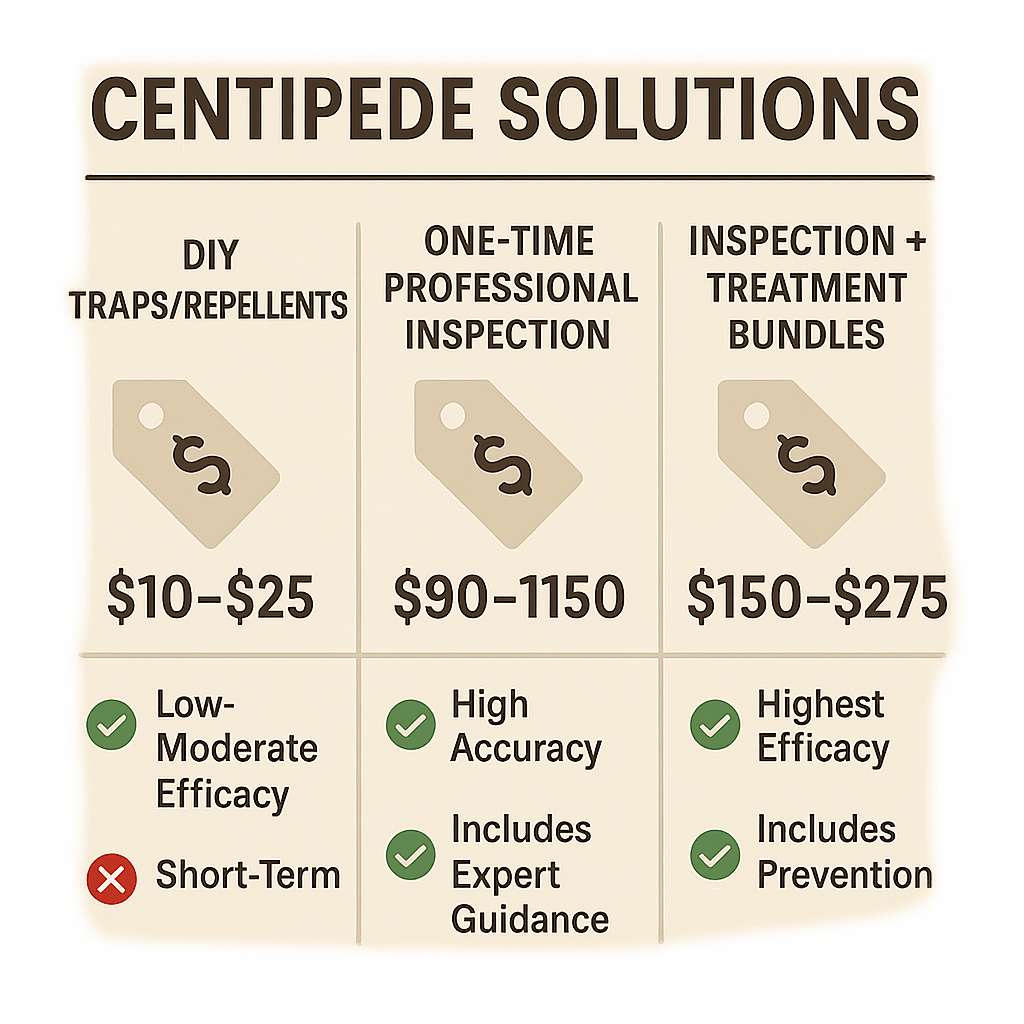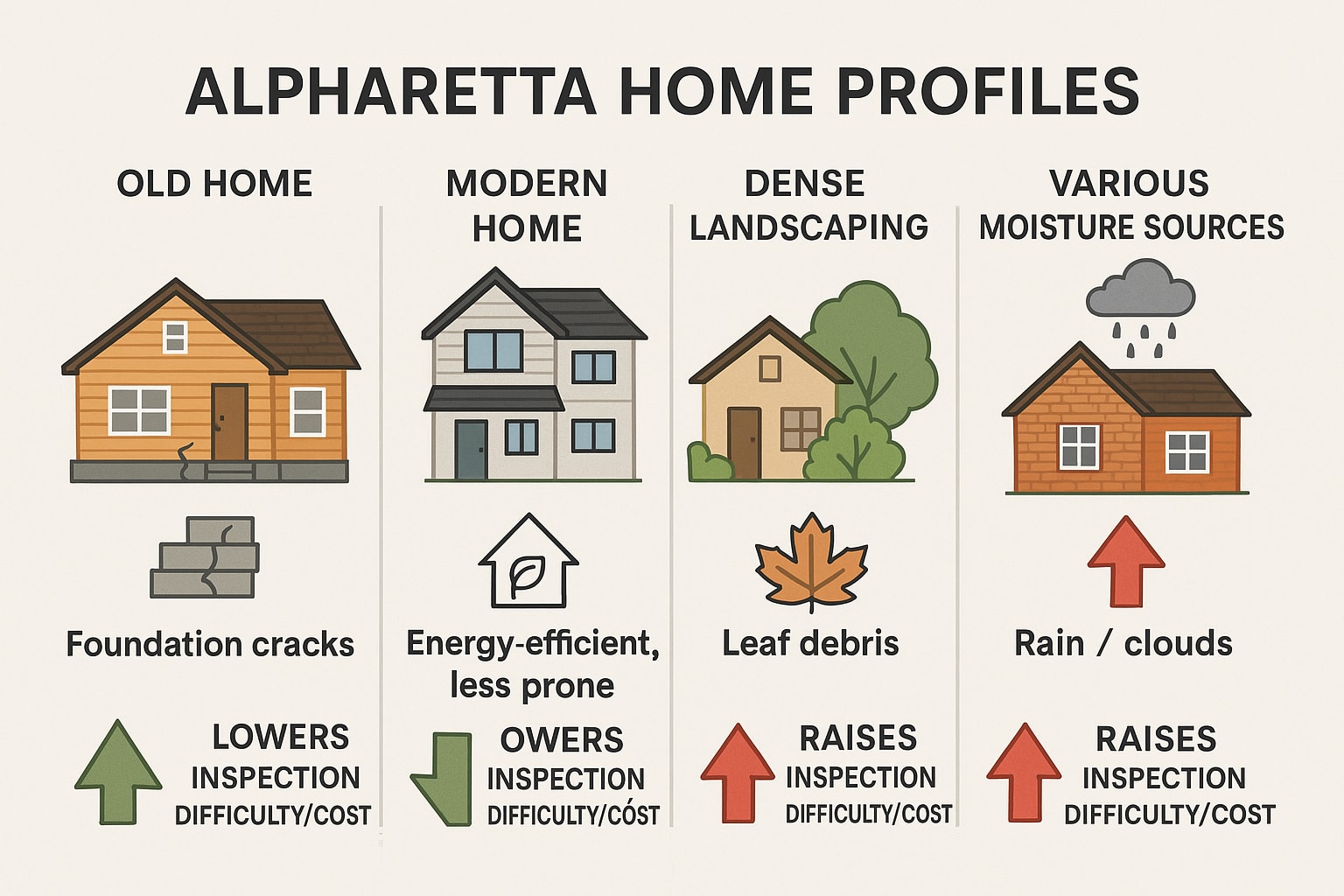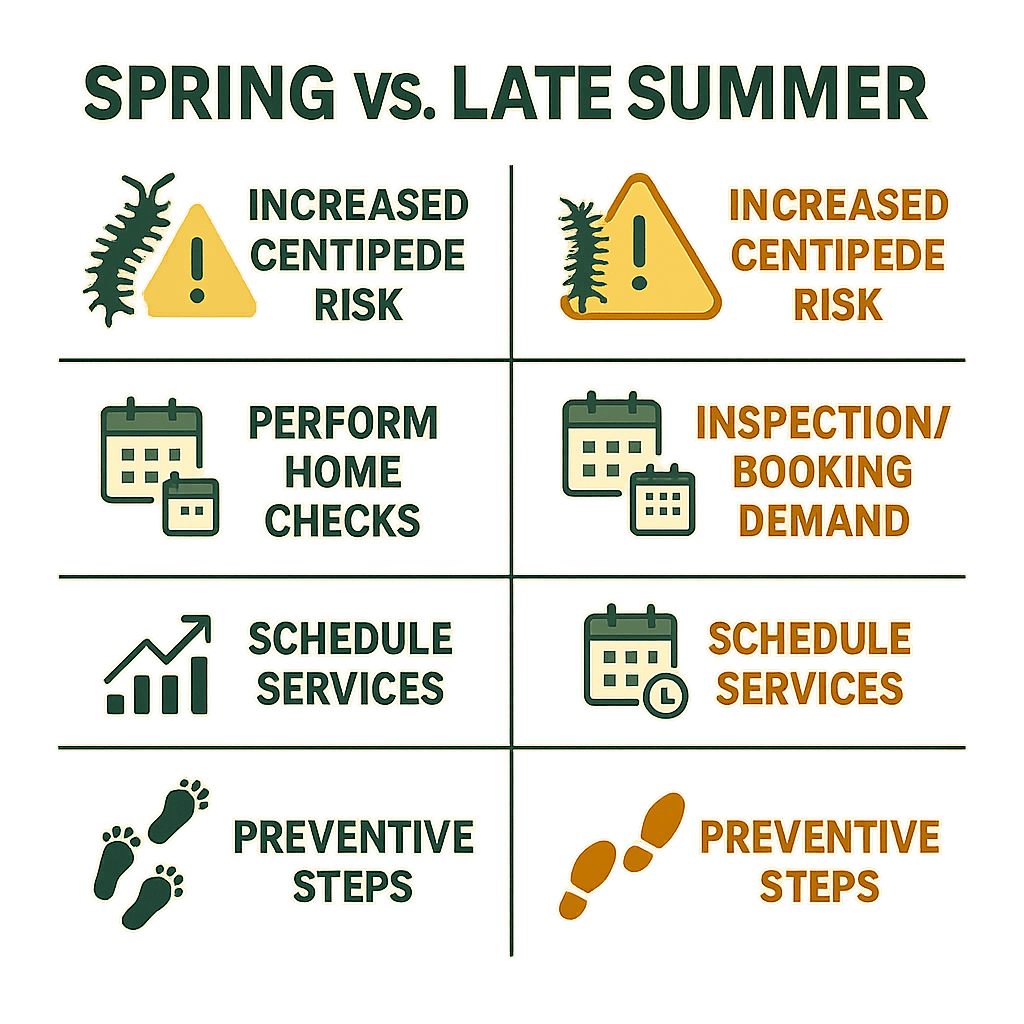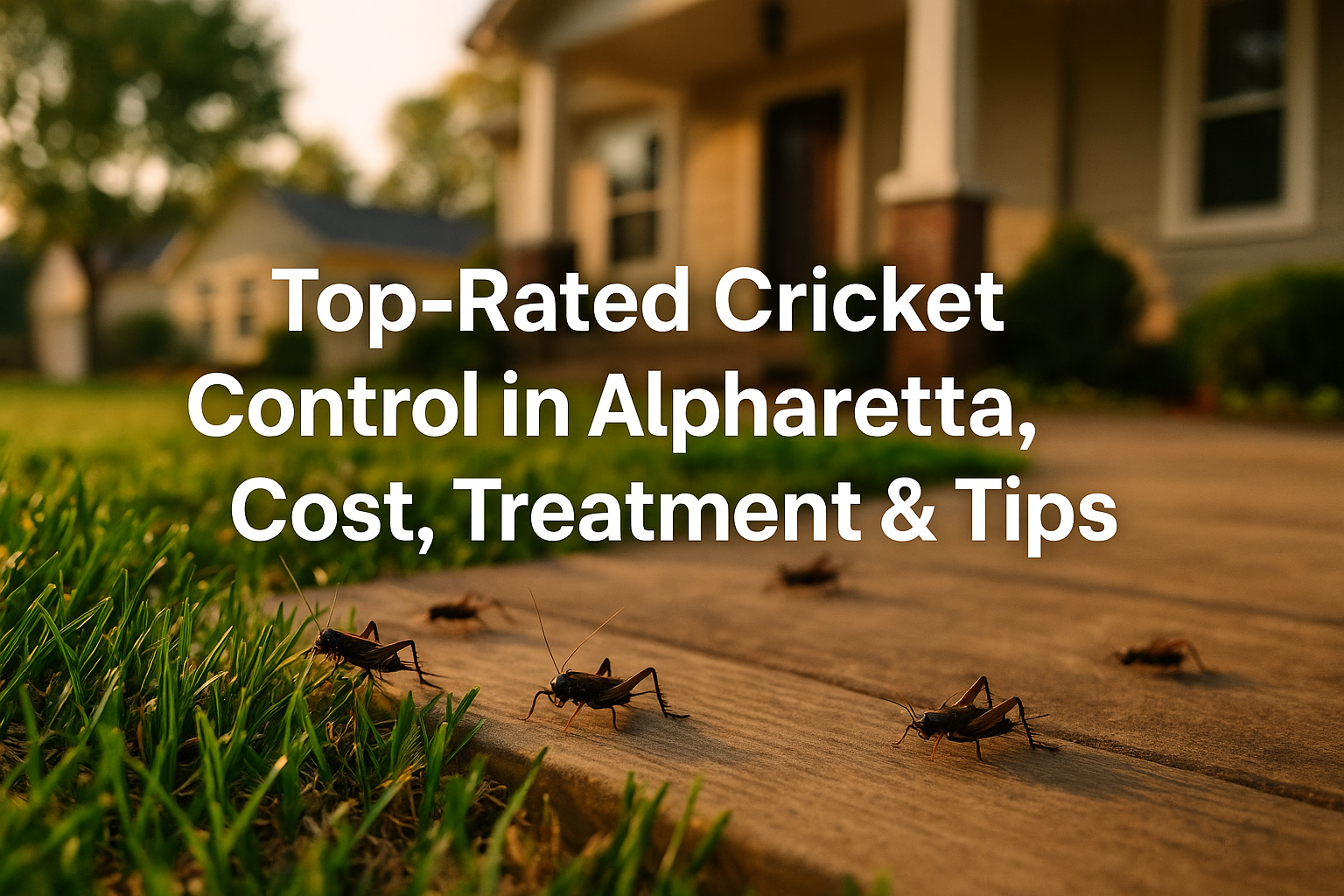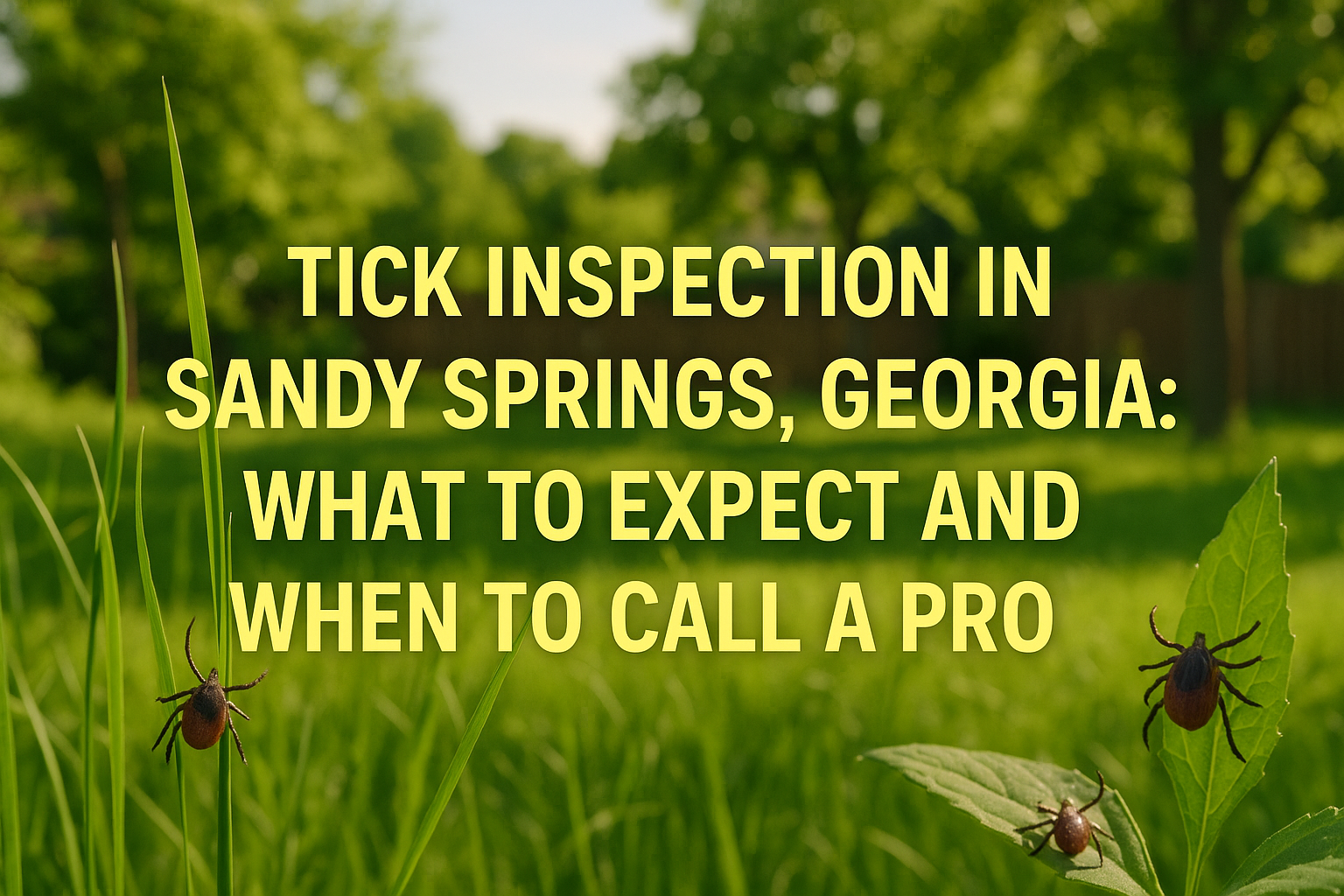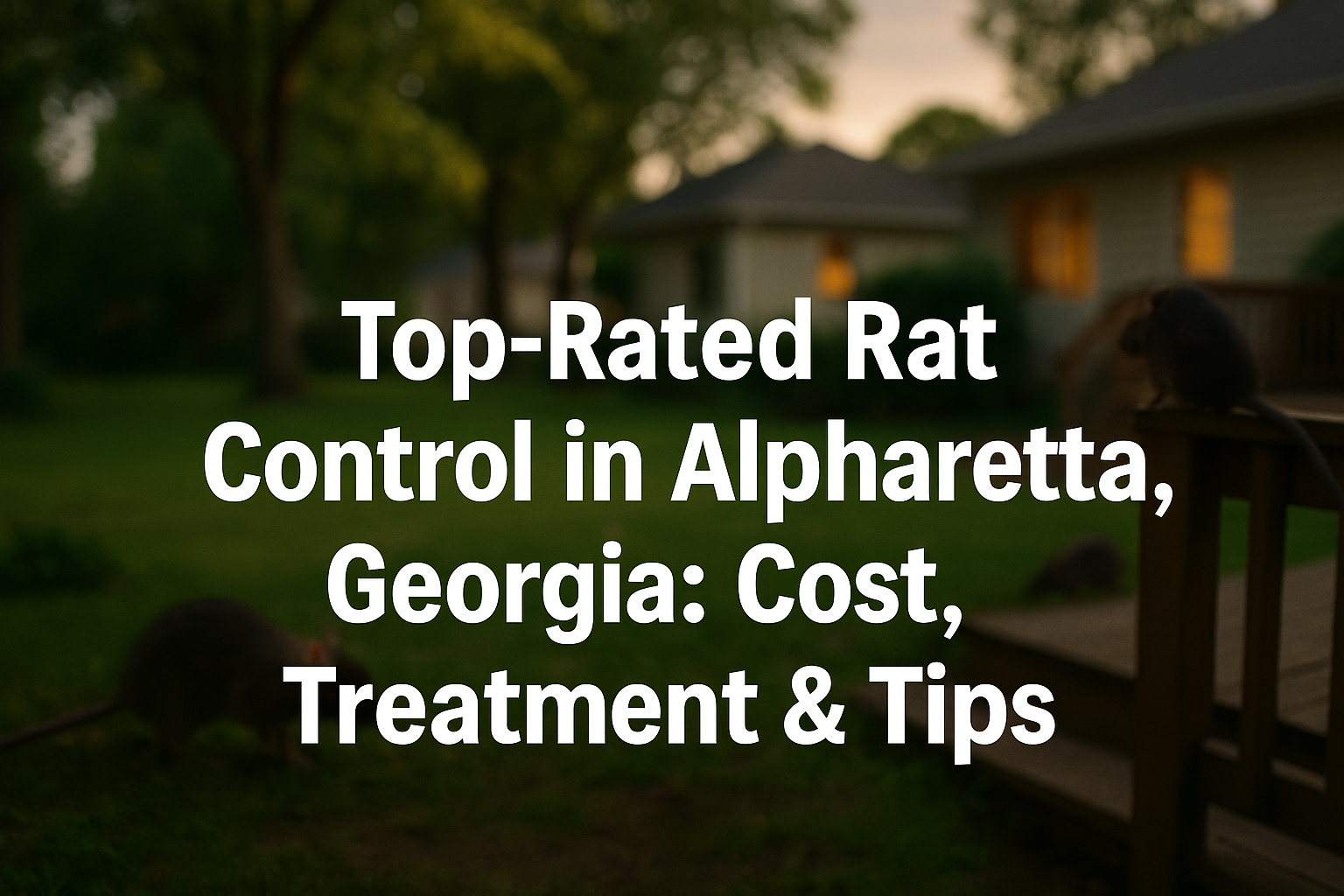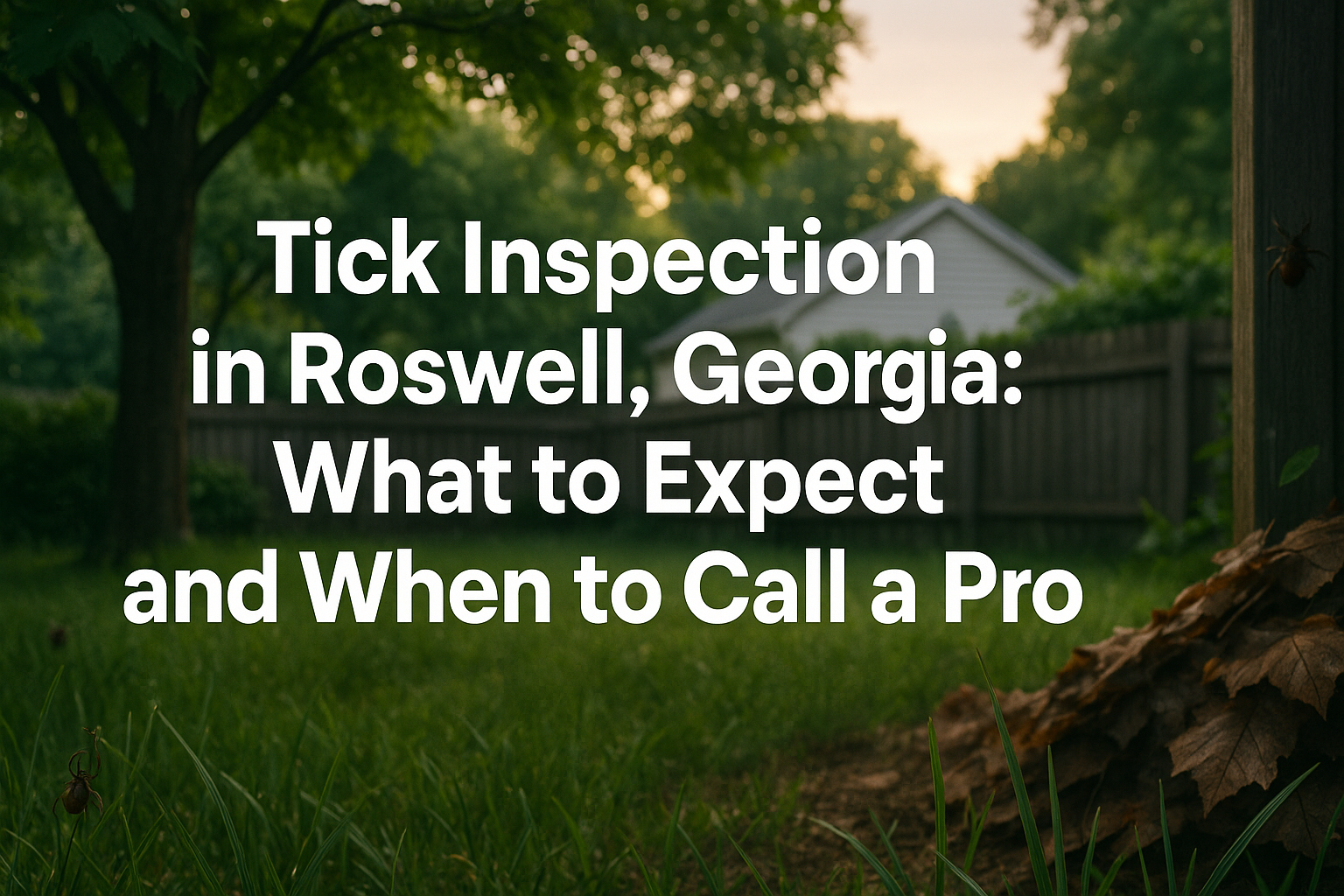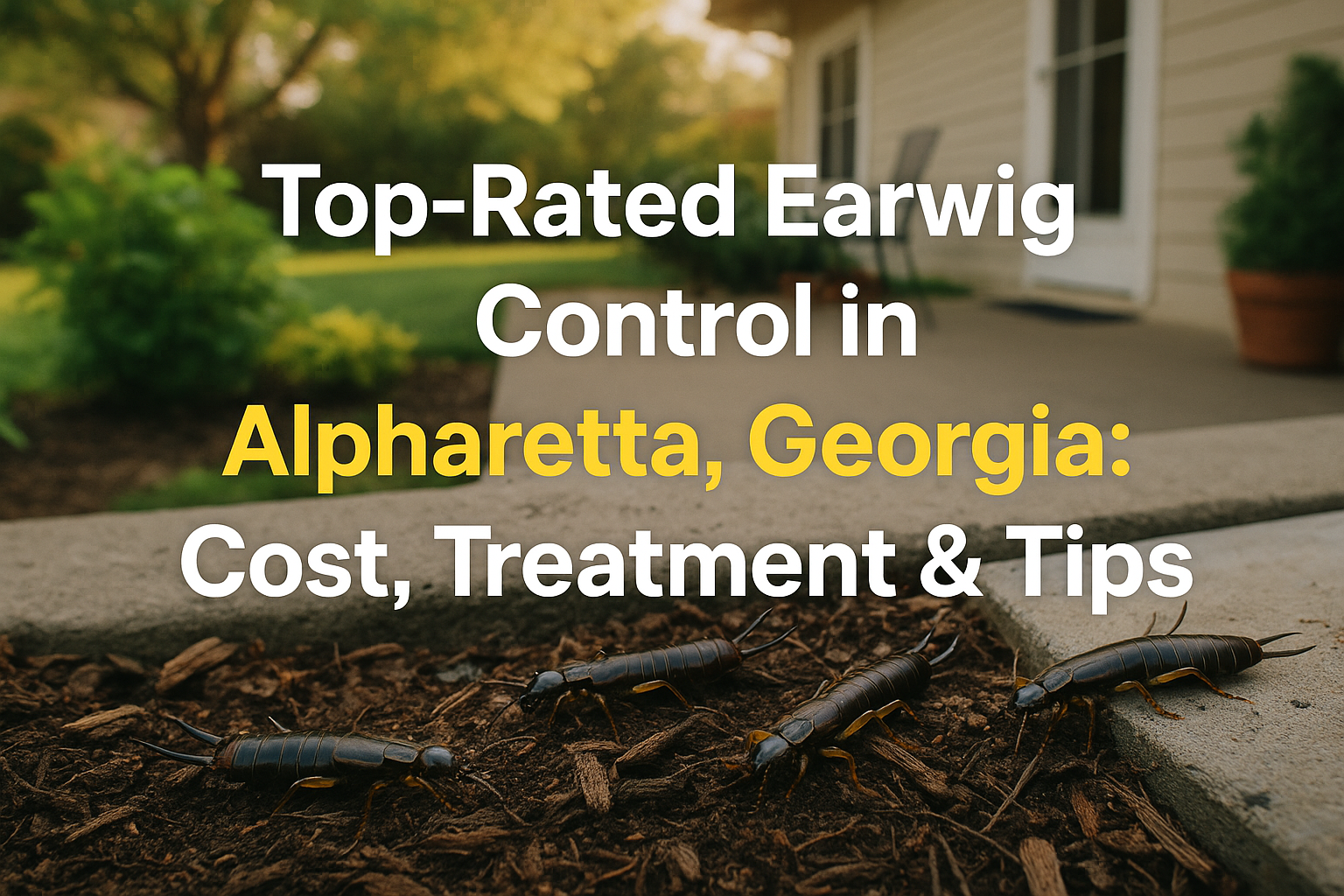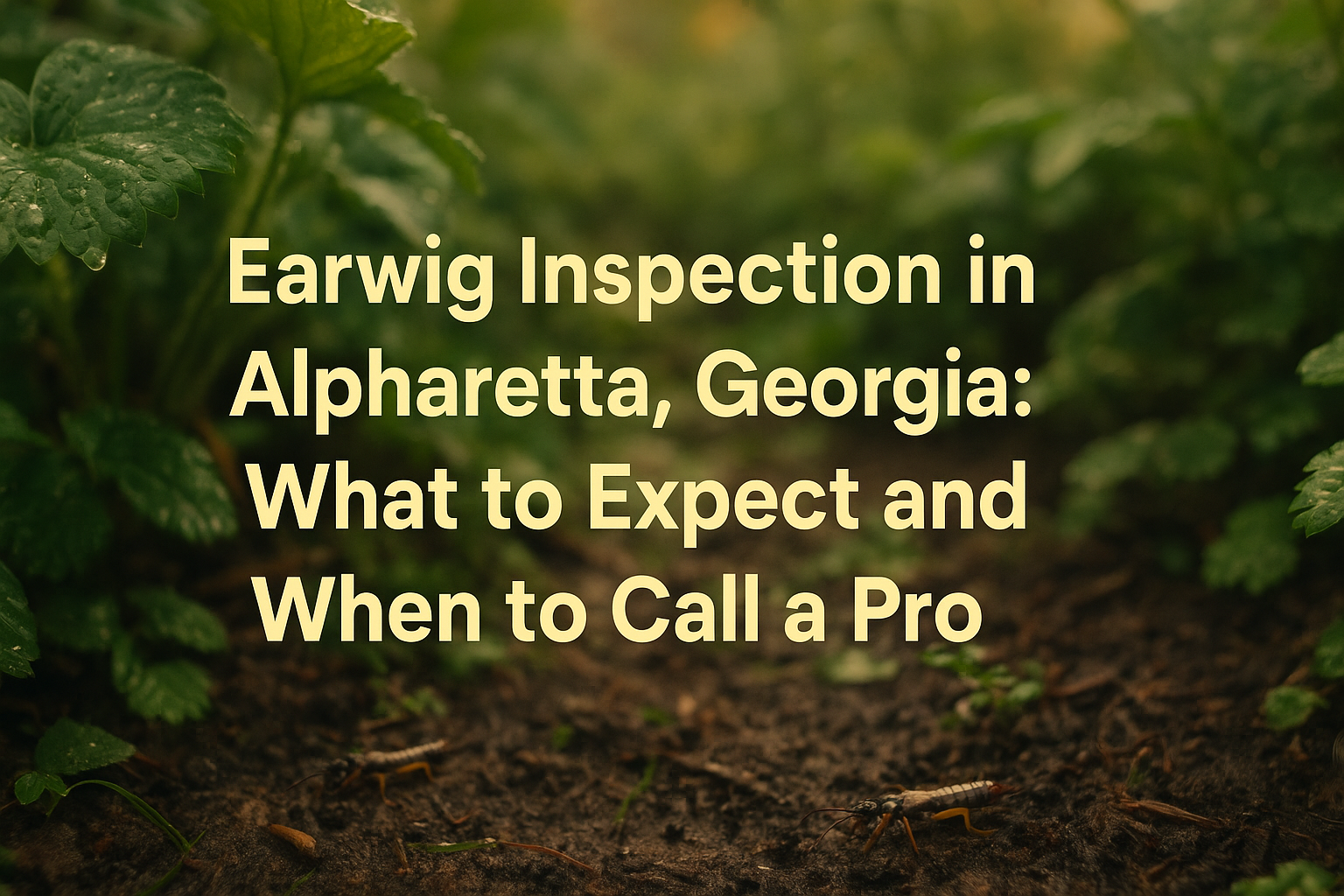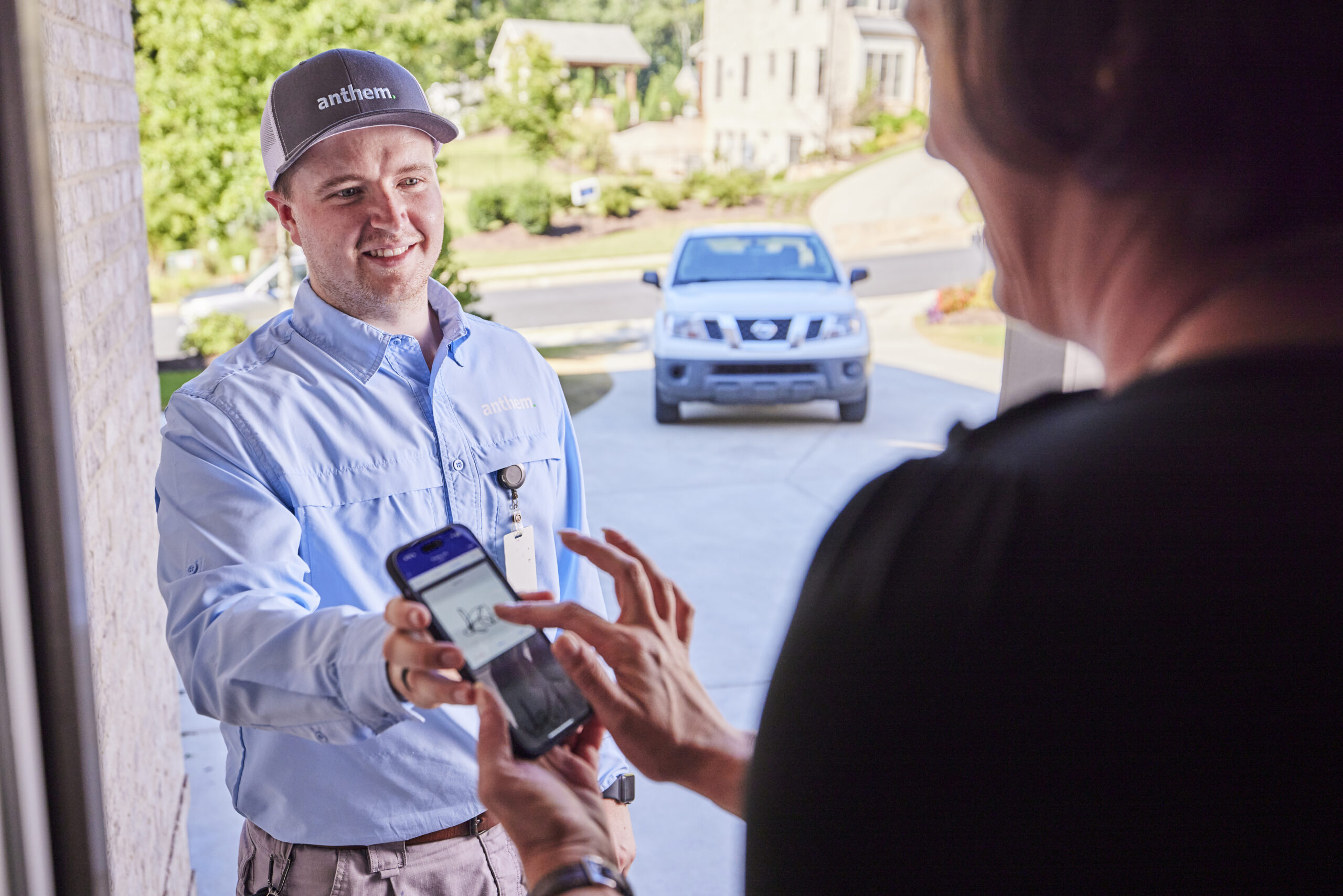Trouble With Centipedes in Alpharetta? You’re Not Alone
Centipede Inspection Alpharetta homeowners often notice quick, multi-legged bugs darting across the basement floor or hiding under boxes in the garage. If that sounds familiar, chances are you’ve met Alpharetta’s unwelcome spring and summer guest—the centipede. These fast movers thrive in Georgia’s warm, humid air, and neighborhoods like Windward, Brookshade, and Avalon provide the perfect mix of shady landscaping and moisture they can’t resist.
Most folks around here first see centipedes when the weather heats up. Maybe it’s an unexpected bathroom encounter late at night, or you see one making a break for it under a pile of fallen leaves outside. Either way, it isn’t just a harmless scare. While centipedes help by snacking on other insects, if you’re seeing them inside, it’s probably a hint that you’ve got two things going on: lingering moisture somewhere in the home, and plenty of other little pests serving as an all-you-can-eat buffet for the centipedes.
With Alpharetta’s rolling lawns and shady corners, even well-maintained homes can attract these pests, especially if there’s dampness in basements, bathrooms, or low-lying landscaping that traps water after it rains. It’s pretty common for residents to call in pros this time of year just to get peace of mind—and a clear estimate of what it’ll take to put centipedes in their place.
Most pest control companies in the area will check things out for $90 to $150, depending on the size of your house and how deep the problem goes. After the inspection, you’ll usually get a custom plan with options that range from simple treatments to more hands-on solutions if the issue keeps coming back.
If you’re curious about what professional control costs, want to know how to keep centipedes from settling in, or you just want to nip the problem in the bud before it turns into a full-blown infestation, stick around. We’ll break down the top options for keeping your Alpharetta home centipede-free so you can enjoy the season—without any creepy surprises.
What Really Impacts Centipede Inspection and Treatment Costs?
If you’re dealing with centipedes crawling around your Alpharetta home, you’re probably wondering why prices for Centipede Inspection Alpharetta and treatments can be all over the place. Here’s the real scoop on what shapes those numbers:
- Size and Layout Matter – A cozy townhouse in Brookshade doesn’t take as much work as a sprawling two-story in Windward. The more square footage and quirky nooks you have, the more time (and treatment) it takes to get centipedes under control.
- Severity of Infestation – Have you just spotted a few, or are they popping up in every room? Heavier infestations mean more effort, and that goes straight into the pricing.
- Wet and Hidden Spaces – Basements, crawl spaces, and anywhere moisture collects are like five-star resorts for centipedes. Homes with these features need a careful eye and sometimes extra treatment steps, especially if there’s a history of water problems.
- One-Time Visit or Ongoing Attention? – An inspection might be a one-off, or maybe your home needs regular monitoring or follow-ups. That decision changes the upfront and long-term costs.
- Neighborhood Age and Risks – Some of Alpharetta’s established neighborhoods with older homes—think loose foundations and outdated sealing—tend to have more entry points for centipedes. Fixing and preventing the problem on these properties can drive up the cost.
- Type of Treatment Used – Not all services are created equal. If you’re just looking for a quick chemical spray, it’ll cost less but may not last. Integrated pest management (IPM) techniques combine safety, thoroughness, and longer-lasting results, and are typically priced between $150–$275 for most area homes.
Here’s the bottom line: every house is different. The best move? Get a quote that’s specific to your home and situation. Don’t settle for a ballpark estimate over the phone—an in-person look always tells the real story, especially in Alpharetta and similar areas like Milton. If you want to see what’s involved, check out details on centipede inspection services in Milton to compare options.
The right team will break down all these factors for you, so you know you’re paying for real results—not empty promises. Ask smart questions and insist on a straight answer for your home’s unique needs.
What Really Impacts Centipede Inspection and Treatment Costs?
If you’re dealing with centipedes crawling around your Alpharetta home, you’re probably wondering why prices for Centipede Inspection Alpharetta and treatments can be all over the place. Here’s the real scoop on what shapes those numbers:
- Size and Layout Matter – A cozy townhouse in Brookshade doesn’t take as much work as a sprawling two-story in Windward. The more square footage and quirky nooks you have, the more time (and treatment) it takes to get centipedes under control.
- Severity of Infestation – Have you just spotted a few, or are they popping up in every room? Heavier infestations mean more effort, and that goes straight into the pricing.
- Wet and Hidden Spaces – Basements, crawl spaces, and anywhere moisture collects are like five-star resorts for centipedes. Homes with these features need a careful eye and sometimes extra treatment steps, especially if there’s a history of water problems.
- One-Time Visit or Ongoing Attention? – An inspection might be a one-off, or maybe your home needs regular monitoring or follow-ups. That decision changes the upfront and long-term costs.
- Neighborhood Age and Risks – Some of Alpharetta’s established neighborhoods with older homes—think loose foundations and outdated sealing—tend to have more entry points for centipedes. Fixing and preventing the problem on these properties can drive up the cost.
- Type of Treatment Used – Not all services are created equal. If you’re just looking for a quick chemical spray, it’ll cost less but may not last. Integrated pest management (IPM) techniques combine safety, thoroughness, and longer-lasting results, and are typically priced between $150–$275 for most area homes.
Here’s the bottom line: every house is different. The best move? Get a quote that’s specific to your home and situation. Don’t settle for a ballpark estimate over the phone—an in-person look always tells the real story, especially in Alpharetta and similar areas like Milton. If you want to see what’s involved, check out details on centipede inspection services in Milton to compare options.
The right team will break down all these factors for you, so you know you’re paying for real results—not empty promises. Ask smart questions and insist on a straight answer for your home’s unique needs.
Why Centipedes Love Alpharetta Homes
If you’re in Alpharetta, you know how muggy those summer nights can get—especially after a good spring rain. That mix of warmth and moisture is like a dream come true for centipedes. After heavy showers, or if your yard floods now and then, it’s pretty common to see a spike in sightings. This is mostly because our local environment gives these critters exactly what they’re looking for: damp spots to hide out and plenty of bugs to snack on—making Centipede Inspection Alpharetta an important step for homeowners.
Take a stroll through neighborhoods like Glen Abbey or Crabapple and you’ll notice all the mature trees and lush landscaping. Looks great, right? Problem is, those shady, well-irrigated lawns don’t just attract people—centipedes move in, too. Dense tree cover and lots of ground cover plants mean more insects around the foundation, and more humidity lingering close to your home.
Let’s talk home construction, because that matters a lot here. Older homes—think pre-’90s—weren’t built with pests in mind. They often have aging pipes with condensation, tiny foundation gaps, or original vapor barriers that don’t work as well as they should. All of this gives centipedes easy ways in. If you’re living in a place with a basement, plenty of flower beds, or you’re on low-lying land where water tends to settle, inspectors are going to need more time to do a proper check and might even recommend more thorough treatments.
Another Alpharetta quirk: our clay-rich local soils hold moisture around your home’s perimeter. So if rainwater doesn’t drain well, you’ll see even more insect activity, and with it, more centipedes. Homeowners with thick mulch, stone borders, or heavy shrubbery pressed against the foundation—watch out. These setups can trap moisture and offer perfect centipede hiding spots, making Centipede Inspection Alpharetta services essential for prevention.
- After big storms: Expect a rush in centipede activity and a tougher inspection.
- Dense or mature landscaping: More bugs around = more centipedes hunting for shelter.
- Older home construction: More entry points and hidden spaces need checking.
- Soil that stays damp: Higher centipede pressure right at your home’s edge.
If your place checks several of these boxes, it’s smart to plan for a little more time and investment during your pest inspection. The payoff? A clear action plan to keep centipedes out, no matter what Alpharetta’s wild weather or greenery throws at you.
Simple Steps to Keep Centipedes Out of Your Alpharetta Home
Centipedes are sneaky little pests that love a damp, cluttered spot—exactly the kind of environment you don’t want in your Alpharetta home. Keeping them at bay doesn’t have to be complicated or costly. In fact, a lot of it comes down to good habits, prevention, and knowing when to schedule a Centipede Inspection Alpharetta service. Here’s what you can do that really works:
- Seal Up the Gaps: Walk around your house and look for any cracks or tiny gaps around doors, windows, and your foundation. Seal those up with caulk or weather stripping so centipedes can’t sneak inside.
- Give Your Yard a Once-Over: Piles of leaves, firewood, or garden debris are like five-star hotels for centipedes. Get rid of those, trim back overgrown shrubs, and keep mulch a few inches away from your siding.
- Don’t Overwater: Especially if you’re in Crooked Creek or other areas where the soil stays damp, avoid overwatering your lawn and garden beds. Too much moisture draws centipedes long before you see them indoors.
- Dry Things Out Indoors: Centipedes are attracted to humidity. Fix any leaks under sinks right away, use a dehumidifier in your basement, and be sure your bathrooms and laundry areas are well-ventilated.
- Install Door Sweeps: This quick fix helps stop centipedes (and other pests) from slipping in under doors, especially those leading to garages or unfinished basements.
- Schedule Professional Inspections: Once a year, preferably before spring or fall, have a pest control pro give your home a good check. Catching small problems early can save you from big, expensive issues later on.
Most of these steps are DIY-friendly and will save you money by avoiding bigger infestations down the road. Remember, staying ahead of centipedes is all about keeping your space dry, tidy, and sealed tight. For a handy, at-a-glance checklist to stay on track season after season, check out the visual guide below and stay pest-free all year long.
When’s the Best Time for a Centipede Inspection in Alpharetta?
If you’re looking to keep centipedes out of your Alpharetta home, timing really does make all the difference. Most folks around here know spring is prime time for getting ahead of the problem. Between March and May, before those muggy Georgia days roll in, is when pros recommend scheduling a thorough inspection.
Here’s why spring is the sweet spot: centipedes are just starting to get active as the weather warms up, but their numbers haven’t exploded yet. That means pest control experts can spot early trouble, treat entry points, and resolve any moisture issues that might make your home attractive to these creepy crawlers. Waiting until late summer? That’s when centipede sightings spike and the phones at pest control companies start ringing off the hook—meaning you might end up shelling out more for emergency visits or have trouble booking the top technicians at short notice.
- March–May: Most homeowners schedule inspections now. It heads off problems before they start.
- Late Summer: Centipede activity peaks, prices and wait times can go up—nobody wants a surprise infestation when it’s hardest to get help.
Living in a neighborhood prone to dampness, especially near creeks or with shady yards? Be even more proactive. Catching the signs in spring means simpler, less expensive fixes—and far fewer late-night centipede sightings.
Check out our seasonal comparison infographic for a quick visual guide on when to call in the pros and keep your home comfortable year-round. Your peace of mind (and your wallet) will thank you for planning ahead.
Let’s Make Your Home Centipede-Free—No Hassle, Just Solutions
If you want peace of mind and a pest-free home, we’re here to help. At Anthem Pest Control, we know how unnerving it is to spot a centipede crawling across your floor. That’s why our team delivers fast, reliable centipede inspections in Alpharetta and the surrounding neighborhoods—so you don’t have to wait or worry.
Your inspection is truly free, with no strings attached—just honest answers and real solutions. We’ll take a close look at your property, figure out what’s bringing centipedes inside, and lay out a clear action plan (no pressure, no pushy sales).
Don’t let the problem linger. Call 877-3718-5196 now to set up your free assessment, or swing by our website to check out just how easy and affordable it is to get professional pest protection. Your local Anthem team is ready to help you enjoy your home again—centipede-free!
Centipede Inspection & Prevention FAQs for Alpharetta Homeowners
- When should you call in a pro for centipede inspection?
If you keep spotting these squiggly guests around your house or you’ve already tried store-bought sprays and remedies with no luck, it’s time to let a local pest expert handle it. - Are centipede bites a big deal?
House centipede bites aren’t something most folks in Alpharetta deal with often. If it happens, it’s usually not dangerous—just a little red bump or some irritation, like a mild bee sting. Still, steer clear if you can. - What actually happens during a professional inspection?
A proper inspection covers both inside and outside your home. The pro checks for hiding spots, sources of moisture, cracks and crevices, and gives you honest recommendations tailored to your property. You’ll know exactly where your risk factors are, plus what to do next—no guesswork needed. - How long does it take?
You can expect most centipede inspections to take around 30–60 minutes, but it could run a little longer if you’ve got a larger home or lots of landscaping. - Do you need to do anything before the appointment?
Yes—tidy up clutter along baseboards, in the basement, and around sinks. Make note if you’ve seen centipedes lately (where and when), and fix up those drippy faucets or leaks if you can. A little prep helps the pro help you. - How do you keep centipedes away for good?
First, dry up any damp areas—centipedes love moisture. Seal any little gaps or cracks in foundations and window sills. Keep your yard trimmed, especially close to the house, and don’t forget, regular yearly inspections go a long way in stopping pests before they move in. - Can inspection fees be rolled into treatment?
Anthem Pest sometimes offers deals where your inspection fee comes off your treatment if you hire us. Be sure to double-check our current offers or bundled plans when you call. - Are centipedes really a bigger problem in Alpharetta?
Alpharetta’s humid climate and lush landscaping make it ideal for centipedes to thrive, especially in shaded lawns, mulch beds, and older homes. If you live here, it’s a little more common than up north or in drier areas, so proactive prevention is worth it.
Still have questions about centipedes or want to book a hassle-free inspection? Reach out to Anthem Pest and we’ll get your home back to comfortable—centipede-free—fast.

